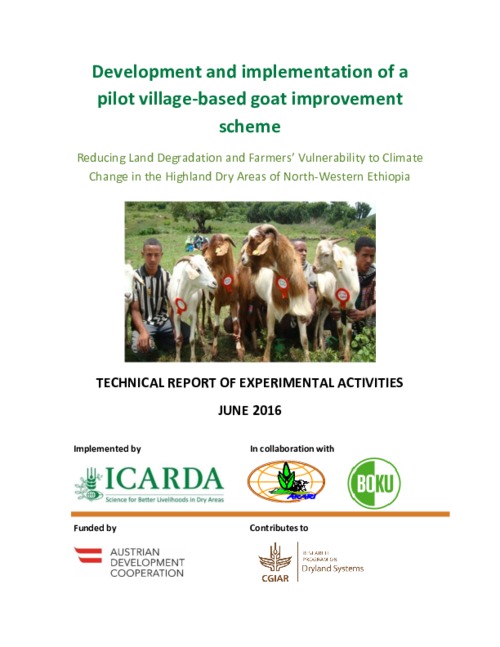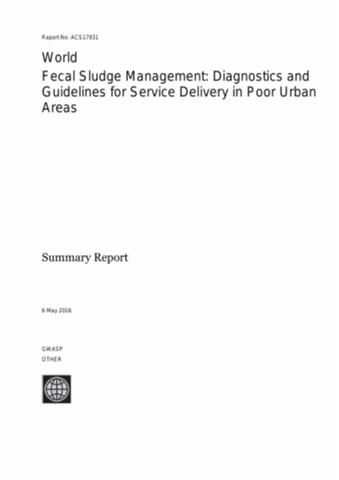Development and implementation of a pilot village-based goat improvement scheme
Community based goat breed improvement was established to improve the productivity performance of goat through selective breeding and to demonstrate community based utilization and conservation of local breed. The community based breeding with 56 participant farmers have been established since March 2012 at Dinzaz Village Gumara Makseget watershed. 12 bucks user group were established for easy management of the selected bucks. The data were recorded through trained enumerators and best bucks were selected and distributed for buck user group.










